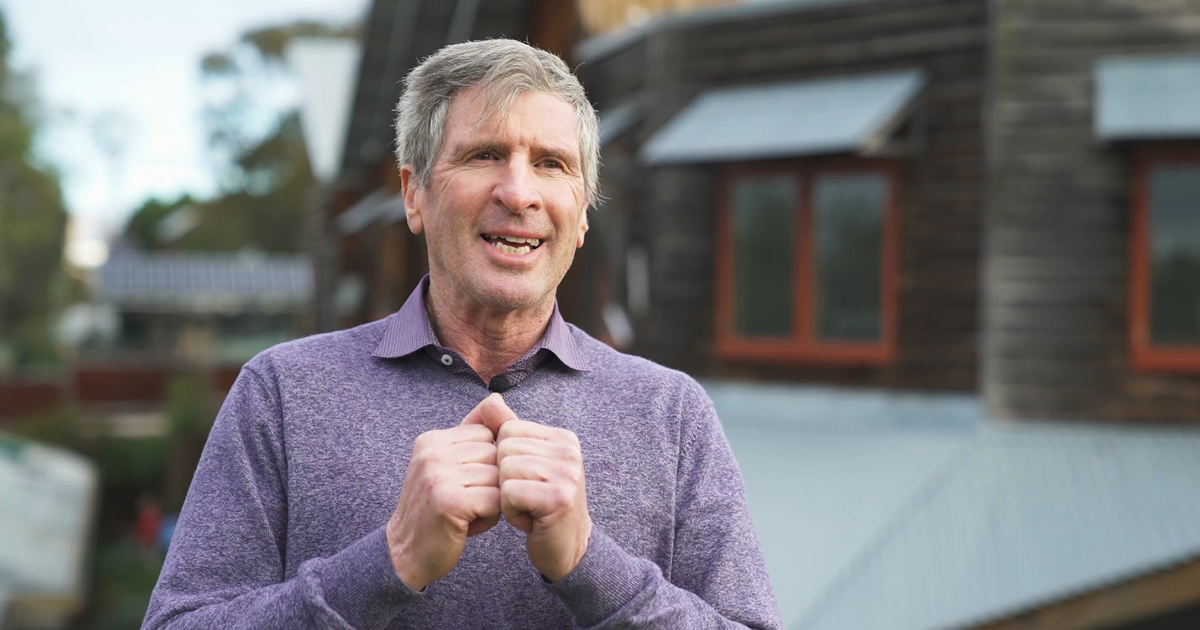“Saving money is the icing on the cake” – the rewards of energy upgrades for Exquisine
Upgrading processes and equipment led to significant energy savings at Exquisine’s dessert-making business.
 David Rose, CEO of Exquisine
David Rose, CEO of Exquisine David Rose, CEO of Exquisine, has been making dairy desserts at his Melbourne-based business since 1986. As a high user of natural gas and electricity, he noticed the impact of rising energy costs, even with several energy-saving actions already in place.
“We’re no stranger to sustainability,” he told us. “We’ve been on this journey for a few years now. We’ve already implemented solar and a carbon-neutral CO2 fridge system.”
“We wanted to find more savings from our energy usage, particularly gas,” explained David.
Using a gas efficiency grant, David hired an energy auditor to come and look at how they were using equipment and processes to identify more ways to reduce energy consumption. The cost of the audit was $1,200 plus GST.
After making several upgrades, David is happy with the results. “We are now using much less energy to produce the same number of desserts,” he said.
 Matthew Rose (left) and Rebecca Rose (right)
Matthew Rose (left) and Rebecca Rose (right) The value of external advice
“The good thing about the audit is having an expert come in and ask questions about why you do things a certain way,” explained David. “It’s things you might not consider on your own.”
One of the recommendations in the audit report was to set up a heat exchanger, which involves capturing heat generated during the production process and using it elsewhere. David added two heat recovery systems to the existing CO2 refrigeration plant and is now using this heat to preheat water in the boiler.
“We’re basically harnessing the free energy that we create as part of our everyday processes. This saves a lot of gas.”
The business uses several tanks to store hot or chilled water. This water is used to circulate around pipes containing dessert products to either heat or chill the product quickly and safely. The hot water is also used for cleaning.
“We added a variable speed drive and controls to our hot water circulation system. This was a relatively simple mechanical and software change, but it still gave us good savings.”
He also insulated piping and two concrete tanks to minimise hot water heat loss, reducing the amount of energy needed to heat and cool the water to the required temperatures.
“Changes don’t have to be big and profound to see savings,” David added.

Energy upgrades benefit more than the bottom line
Reducing your carbon footprint can be good for staff morale.
“Something that’s not often touted as a benefit is that making these changes brings our staff on board by showing authenticity between what we say and what we do. It’s one thing to talk about being a good corporate citizen, but it’s another to show your staff that you are actively investing in energy efficiency.”
Some audit recommendations are also improving health and safety at work. “We changed an open burner to a closed burner on a heating process. This was recommended to save energy, but has made us safer at work too.
“We all feel really good about these changes. I see energy upgrades as a total win-win for the business,” said David.
 Sandeep (left) and Kavish (right) team leaders.
Sandeep (left) and Kavish (right) team leaders. Be business-ready for an energy-efficient future
Exquisine supplies desserts, predominantly under private label, to many well-known national quick-service restaurants, supermarkets, retailers and into food service, as well as for export. They make anywhere from 30,000 to 80,000 desserts a day!
As a food business, quality assurance is paramount. As well as their own regular internal audits, many of Exquisine’s national and international customers also audit the business to make sure it meets food safety and quality regulations.
“We welcome these independent supplier audits as an opportunity to demonstrate the high level of our food safety standards,” said David.
These audits are starting to include environmental credentials as businesses look to improve energy efficiency across their supply chain.
“This is going to be increasingly important in the future. Our business needs to be ready to meet this requirement and ideally to be ahead.”
“For us, this is an ongoing program; we haven’t stopped looking for ways to reduce energy just because the audit is over.”